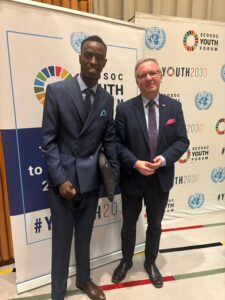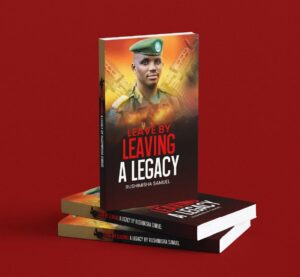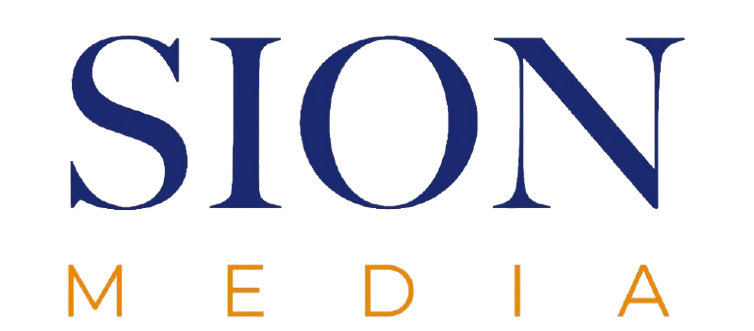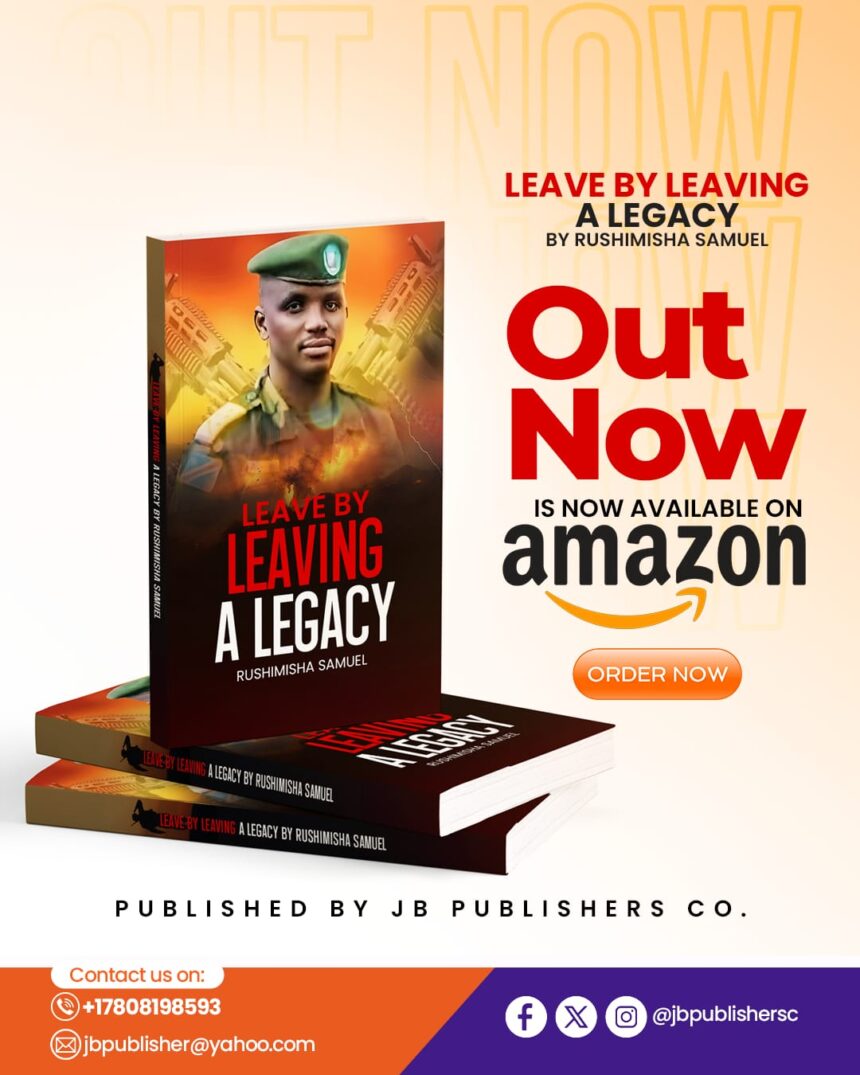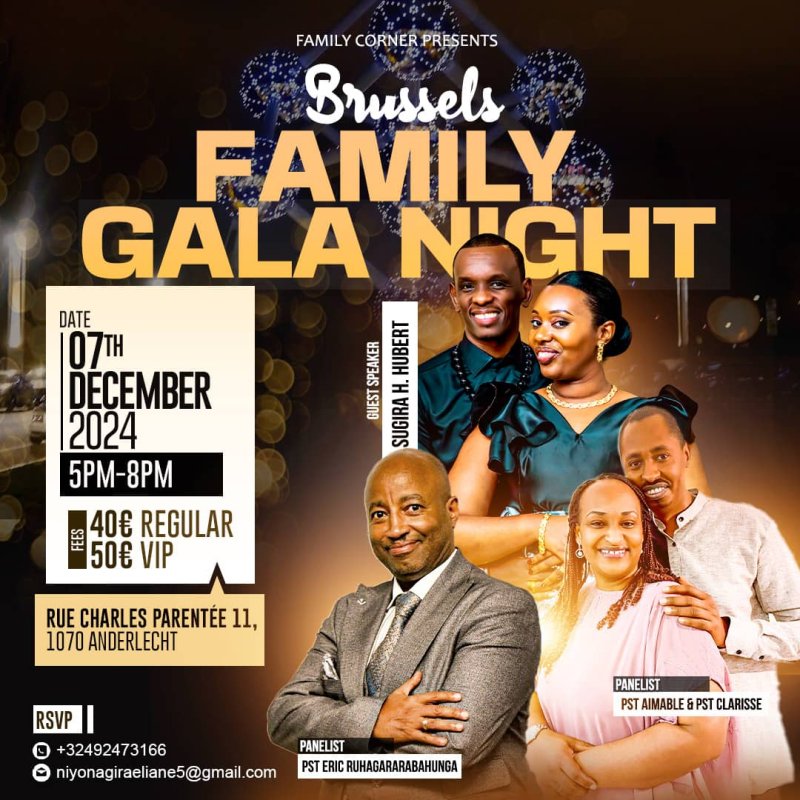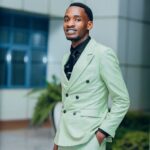Samuel Rushimisha, was born in Rurambo, a small village located in the eastern region of the Democratic Republic of Congo (DRC) a land that has suffered greatly from decades of violent conflict, instability, and humanitarian crises. From the very beginning of my life, he was surrounded by the harsh realities of war. His childhood was marked by the sound of gunfire, the silence of loss, and the daily struggle for survival.
He grew up in an environment where tragedy was common and hope was often scarce. He witnessed the devastating impact of conflict the death of civilians, the disintegration of families, and the destruction of entire communities. But even in those darkest times, he clung to a powerful belief: adversity can shape strength, and even from the ashes of suffering, something greater can rise.
As conditions in eastern Congo continued to deteriorate, he fled to Rwanda, where he spent eight years rebuilding his life and nurturing my vision for a better future. Rwanda became a place of refuge but it also became a stepping stone in his journey. Eventually, he relocated to Kenya, a country he saw as holding more promising opportunities. Kenya offered hope and more importantly, a pathway toward fulfilling his dream of reaching the United States, where he believed he could raise his voice for peace, justice, and African unity on a global platform.
It was during my time in Kenya that his life began to transform in profound ways. He encountered the ideas and teachings of Professor PLO Lumumba, one of Africa’s most respected legal scholars, thinkers, and Pan-Africanists. His speeches resonated deeply with him. Through his words, he saw a vision of an Africa that is united, proud, and self-reliant an Africa that takes charge of its own destiny. His commitment to integrity, justice, and African dignity awakened something within him.
Motivated and inspired, he made it his mission to meet Professor Lumumba in person. After considerable effort, that dream came true. He approached him with humility and asked if he would mentor him. To my great honor, he agreed. His mentorship helped shape his identity, his purpose, and his sense of duty. He began to understand his life through the lens of Pan-Africanism the belief that Africa must unite, heal, and rise together.
In 2023, driven by that vision and sense of responsibility, he founded an organization called the Congolese Youth Union Global, based in Kenya. The mission of this organization is to promote unity, reconciliation, and healing among all ethnic groups in the Democratic Republic of Congo. For far too long, tribal and political divisions have weakened them. “But believe that the path to a peaceful and prosperous Congo must begin with solidarity, forgiveness, and national cohesion. We must see ourselves not as tribes, but as one people — united in purpose, diverse in culture, and committed to peace.” Samuel Said.
In 2024, his journey led him to the United States, thanks to the support of the United Nations. He settled in Tucson, Arizona, and just one month after my arrival, he enrolled in college. He currently pursuing a Bachelor’s degree in Political Science, with the goal of continuing to develop as a global advocate and leader. He believe that academic knowledge, combined with lived experience, is the key to building solutions that are both meaningful and sustainable.
Shortly after beginning his studies, ” I received heartbreaking news: General Rukunda Michael Makanika, a revered military leader and champion of the Banyamulenge people, had passed away. His dedication, bravery, and leadership had left an indelible mark on our community. His life was a symbol of resilience and patriotism, and I felt it was my duty to ensure that his story would not be forgotten.” Said Samuel.
In response, Samuel said “I authored and published a book honoring General Makanika’s life, legacy, and service.” The book is now available on Amazon, and it serves not only as a tribute to him, but as a gift to future generations.
“I want young Congolese and Africans to know that our history is filled with heroes men and women who sacrificed everything for the sake of peace, dignity, and justice.”
As he said, Just one week after the release of his book, he received an extraordinary opportunity: an invitation from the United Nations Economic and Social Council (ECOSOC). “I was invited to represent my people and my country, and I had the privilege of speaking directly with the President of ECOSOC. I raised the issue of the ongoing crisis in the DRC, and I asked for his perspective on what the international community could do to help.”
His response was powerful and honest: “We cannot help if you haven’t first started helping yourselves.”
“That message struck a deep chord in me. It affirmed a belief I already held that true and lasting change begins from within. As Congolese, as Africans, we must take ownership of our challenges and lead the efforts to solve them. The international community can support us, but we must be the ones to take the first steps.”
